Yangtze University (Hubei)
Jingzhou City, Hubei Province
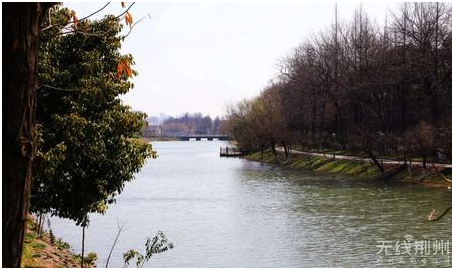
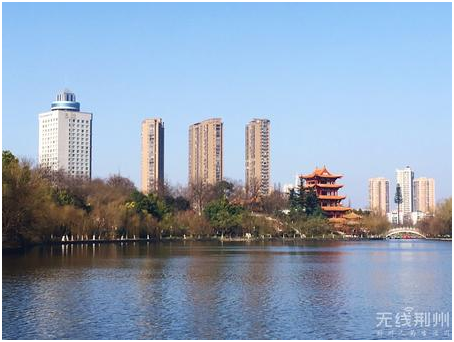
Geography and climate
Jingzhou occupies an area of 14,067 square kilometres with a topography rising from east to west. It is covered by a dense network of waterways, as well as lakes, and is located in the middle reaches of the Yangtze River on the Jianghan Plain. Downstream to its east lies Wuhan, the provincial capital and to the west the city of Yichang, the Three Gorges, and finally Chongqing Municipality. Jingmen City, also in Hubei, lies to the north; to its south are Yueyang and Changde, both in Hunan Province.
Jingzhou has a humid subtropical climate, with hot, humid summers, and damp, chilly, but drier winters. Monthly daily average temperatures range from 4.1 °C (39.4 °F) in January to 28.0 °C (82.4 °F) in July. The area receives 1,800 to 2,000 hours of sunshine per year and has a frost-free period of 242−263 days annually.
History
Jingzhou has been a transportation hub and commodity distribution center for 6,000 years.The ancient city of Jingzhou forms what is now the main urban area of Jiangling County, which is one of the counties within Jingzhou City. Situated in the middle reaches of the Yangtze River, this has been a strategic location of military importance since ancient times.Ying, within the borders of present day Jingzhou, was the capital of 20 kings over 411 years of the State of Chu during the Spring and Autumn and Warring States periods of the Zhou Dynasty (1046 BCE - 256 BCE).
The city is said to have been built with earth by Guan Yu in the Three Kingdoms period. During the Southern and Northern Dynasties period, it was the capital of the Western Liang. In the Five Dynasties and Ten Kingdoms period, it was the capital of the Nanping State.
Sights
Numerous sites have been preserved from the Chu State period, including the ruins of five Chu cities, 73 sites featuring Chu Culture and more than 800 ancient tombs, including those of 18 Chu kings. There are also historical sites dating to the Three Kingdoms period, such as the Wulin Battlefield (where the Battle of Red Cliffs took place) and the Huarong Path.
The city walls were rebuilt in 1646 and measure 9 metres (30 ft) high and 10 metres (33 ft) thick. The perimeter of the wall extends for 9.3 kilometres (5.8 mi). The city walls, city gates, watchtowers, and battlements have all been well maintained. Many of the towers on top of the majestic city gates have been damaged or rebuilt, leaving only the Chaozong Tower which was rebuilt in 1838 on the Gongji Gate.
Overview of Yangtze University
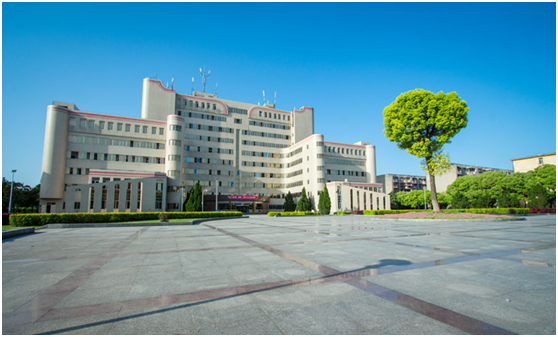
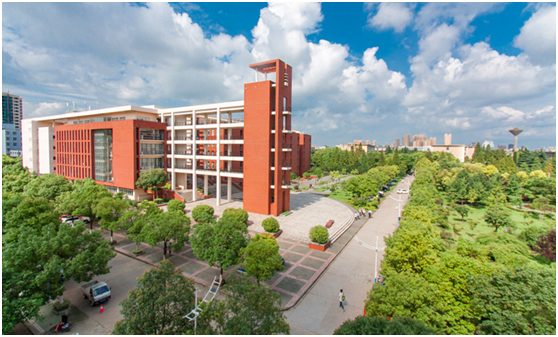
School motto:” Progress & Innovation”
School spirits:”To seek truth, be enterprising, be pioneering and to serve community”
Yangtze University is a comprehensive institution of higher learning with the strong supports from both China Central Government and Hubei Provincial Government. Hubei Province gives its priority to run the institution. China National Petroleum Corporation, China Petrochemical Corporation, China National Offshore Oil Corporation and Hubei Provincial People’s Government also work together to develop Yangtze University.It has modernized teaching buildings, laboratory buildings, research centers, gyms and affiliated teaching hospitals.Yangtze University has 2 post-doctor stations, 15 PhD programs, 128 master’s programs and 94 undergraduate programs covering 11 disciplines including economics, law, education, literature, history, science, engineering, agriculture, medicine, management and art. Its National Unique Programs are Resources exploration engineering, Prospecting technology and engineering, Petroleum engineering, Agriculture, Machine design manufacturing and automation, Chemical engineering and technology.
There are 16 Hubei Brand Programs with Geological resource and geological engineering, Crop science, Petroleum and natural gas engineering, Chemical engineering and technology, Mechatronic engineering, Agriculture and forestry economics and management, Physics, Computer Science and technology, Plant protection, Landscape architecture, Clinical medicine, Aquaculture science, Education and Chinese literature.
The 4 disciplines of Petroleum and natural gas engineering, Geophysics, Landscape architecture, Geological resource and geological engineering rank in top 10 in
Yangtze University is the Pilot Institution of National Students Innovation Training Project, National Model Institution of Cooperative Education and Hubei Petroleum Postgraduate Innovation Base. Its mission focuses on helping students to learn innovative approaches and creative abilities to solve technical and scientific issues. YU international students have opportunities to participate in extracurricular activities, including student government, intramural sports and student clubs and organizations. The university’s dining hall offers halal food for Muslim students.
Jingzhou is a prefecture-level city in southern Hubei, People's Republic of
Jingzhou's central urban area has grown out of a city historically known as Shashi; this name is preserved in the name of Shashi District, which includes the city's historical center, as well as in the names of a number of local facilities, such as Shashi Airport and railway station
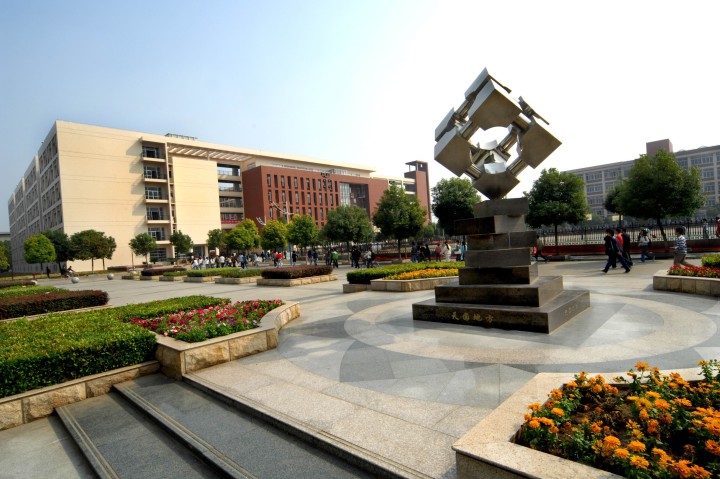
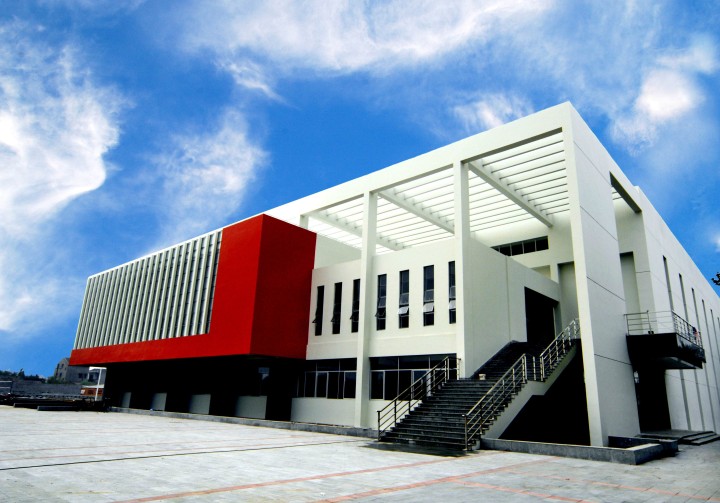
Job requirement: English language teachers
Job Description:
1. Location: Jingzhou, Hubei Province,
2. Contract Term: one academic year.
3. Contract Period: 1st Mar, 2026 - 31st Jan, 2027
1st Sep, 2026 - 31st Jul, 2027
4. Students age: 17-23 years old.
5. Teaching hours: 18 hours classroom teaching per week, plus 2 hours English Corner (once a week, outdoor social event for oral English practice)
Requirements:
1. With bachelor’s degree (or above)
2. Two years’ (or above) teaching experience, or 120 hours TEFL/ TESL/ TESOL/CELTA certificate.
If candidate is a post-graduate, or holds a native Teacher License, no teaching experience is accepted.
Candidate with a Bachelor Degree of Education is exempt from working experience requirement.
3. From English-speaking countries.
4. Under 60 years old, good health, and no bad habits.
Remuneration and Benefits:
1. Salary: RMB 9,000 - 10,000 monthly.
2. Accommodation: independent apartment provided (one bedroom, one living room, one kitchen, one bathroom, etc.), free water and electricity. Facilities and necessary apparatus provided: bedding, TV set, refrigerator, air-conditioner, wash machine, microwave oven.
4. Vacations: fully paid winter vacation, with travel allowance of RMB 1100 for winter and summer vacation.
5. Holidays: fully paid 11 days public holidays.
6. Airfare allowance: return air tickets reimbursement of each academic year (Max: RMB13800)
7. Accident Insurance: yes
8. Working visa: offer working permit
Closet Airport: Jingzhou Shashi Airport